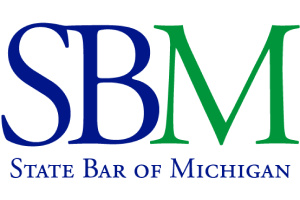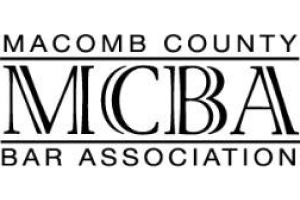- Free Consultation: (586) 264-3756 Tap Here to Call Us
The Secure Act and Estate Planning
The SECURE Act (Setting Every Community Up for Retirement Act) passed into law effective January 1, 2020. Although it is uncertain how the act was named, it is certain that this act will significantly impact estate, tax and income planning for baby boomers and their children. This act will force Americans with IRAs and other “qualified assets” to recognize more income, upon inheritance.
For years, the IRS allowed beneficiaries of an individual retirement account (IRA) to defer their receipt of income over their individual lifetimes through the use of the stretch distribution provision. This is no longer possible as the act changes the way in which a beneficiary can elect to receive his or her own share of a decedent’s account: either as a lump sum distribution or as a ten (10) year plan of distribution. The inherited “stretch” IRA is no longer an option after January 1, 2020. As a result, the government will begin to receive more taxes from inherited income beginning 2020 moving forward.
The act does provide some relief as it puts off the age for required minimum distributions (RMDs) until the age of 72, if you have yet to begin receiving your RMDs prior to 2020. It also repeals the maximum age of which a person can contribute to his or her IRA; allows for expansion of 529 plans; and, provides credits to small businesses that setup automatic enrollment into their retirement plans.
Overall, the act appears to be designed to force recognition of income that could otherwise be deferred over a beneficiary’s lifetime. How will this affect your individual estate plan and family wealth planning? We have some answers…
- You may wish to consider engaging in five (5) year longterm care planning to help protect non-IRA assets while using your IRA assets to help fund your own care.
- You may wish to consider “stream-lining your estate planning by using probate avoidance techniques like beneficiary designations, enhanced life estate deeds and joint ownership.
- You may wish to designate trusts, under certain circumstances, as beneficiaries to help protect minors from financial misuse of inherited assets.
If you have questions, we are here to help. Please call 866-529-ELDR or locally, in the metro-Detroit area, at 586-264-3756 to schedule your free consultation.











